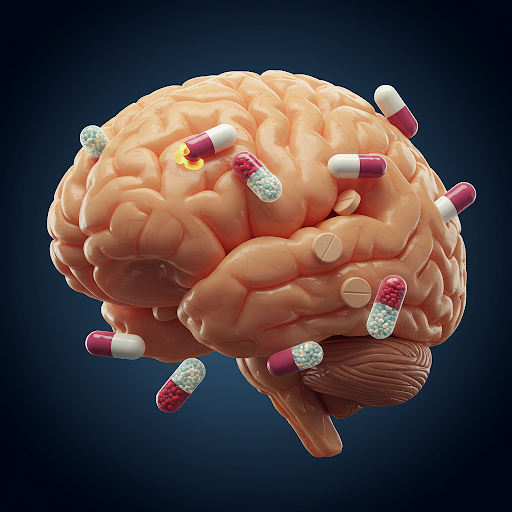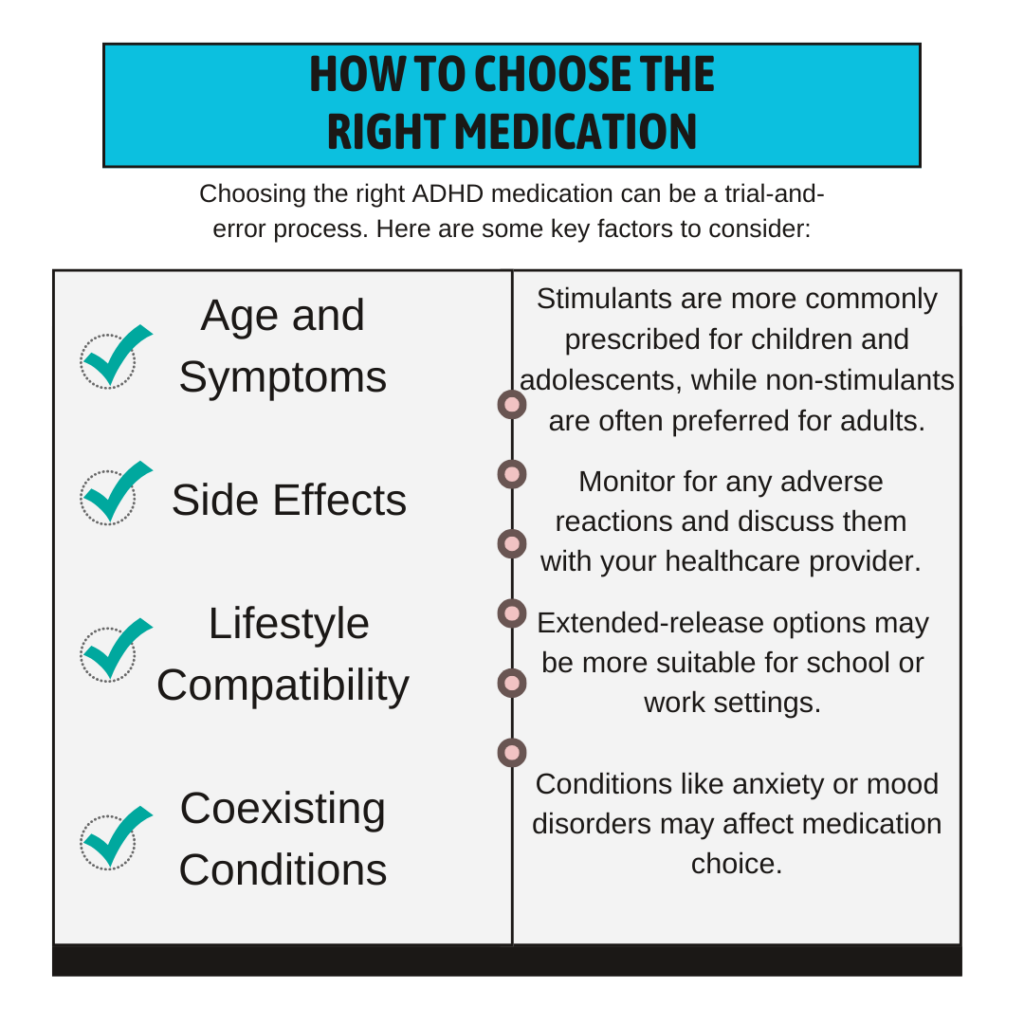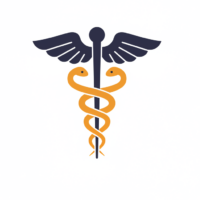
Understanding ADHD Medication: Your Complete Guide to Treatment Options
Attention-Deficit/Hyperactivity Disorder (ADHD) is a common neurodevelopmental condition affecting both children and adults. Managing ADHD can be challenging, but with the right medication, individuals can significantly improve their concentration, impulse control, and overall quality of life. In this guide, we’ll explore the most effective ADHD medications, how they work, potential side effects, and tips for maximizing their benefits.

Understanding ADHS
What is ADHD?
Attention-Deficit/Hyperactivity Disorder (ADHD) is a neurodevelopmental condition that affects both children and adults, impacting their ability to focus, regulate impulses, and manage hyperactivity. It is a chronic disorder, meaning symptoms often persist throughout a person’s life, although they may change or become more manageable with age and treatment.
ADHD is characterized by persistent patterns of inattention, hyperactivity, and impulsivity, which can interfere with daily functioning, academic performance, work responsibilities, and social interactions.
| Symptoms |
| Difficulty staying focused or organized |
| Impulsive decision-making |
| Hyperactive behaviors or restlessness |
| Trouble completing tasks or following instructions |
| Treatment typically involves a combination of behavioral therapy and medication. While therapy addresses coping mechanisms, medication helps manage the chemical imbalances in the brain that contribute to ADHD symptoms. |

Types of ADHD Medications
| Feature | Stimulant Medications | Non-Stimulant Medications |
| How They Work | Increase dopamine and norepinephrine levels to improve focus and impulse control. | Target norepinephrine or other brain receptors to enhance attention and self-regulation. |
| Common Medications | Ritalin, Adderall, Vyvanse, Concerta | Strattera, Intuniv, Kapvay |
| Onset of Action | Fast-acting (within 30–60 minutes) | Slower onset (can take weeks for full effects) |
| Effectiveness | Highly effective for most individuals | Effective but may take longer to show results |
| Risk of Dependency | Potential for misuse or dependence | Low risk of abuse or addiction |
| Common Side Effects | Appetite loss, sleep disturbances, mood swings, increased heart rate | Fatigue, dizziness, nausea, mood changes, low blood pressure |
| Who It’s Best For | Those needing quick symptom relief and improved focus | Individuals who can’t tolerate stimulants or have a history of substance misuse |


Tips for Taking
ADHD Medication Safely
| Follow the Prescribed Dosage: Never adjust your dose without consulting your healthcare provider. |
| Track Your Progress: Keep a daily log of symptoms and side effects to discuss during follow-ups. |
| Stay Hydrated and Eat Well: Stimulant medications can suppress appetite, so maintain a balanced diet. |
| Maintain Good Sleep Hygiene: Stimulants can disrupt sleep, so establish a calming nighttime routine. |
| Regular Check-Ups: Periodic evaluations are essential to assess effectiveness and make necessary adjustments. |
Lifestyle changes can significantly enhance the effectiveness of ADHD medication. Establishing a consistent daily routine helps manage time efficiently and reduces stress. Regular physical activity, such as exercise or outdoor activities, naturally boosts dopamine levels, improving focus and mood. Mindfulness practices, like meditation and deep breathing, can help regulate impulsivity and reduce anxiety. Additionally, maintaining a balanced diet rich in omega-3 fatty acids and protein supports brain function and overall well-being. Combining these strategies with medication can lead to better symptom management and an improved quality of life.

When to Seek
Professional Guidance
If your medication isn’t delivering the expected results or you’re experiencing severe side effects, consult your healthcare provider. They may adjust your dosage, switch medications, or recommend therapy alongside medication.


Finding the right ADHD medication can significantly improve your ability to focus and thrive in daily life. Whether you’re considering stimulants or non-stimulants, staying informed and working closely with a healthcare professional will ensure the best possible outcomes.
Remember, managing ADHD is a journey, and every step you take toward understanding your treatment options brings you closer to better living.
For more insights and reliable information on medications and health conditions, stay connected with Insights on Medication & Health.

